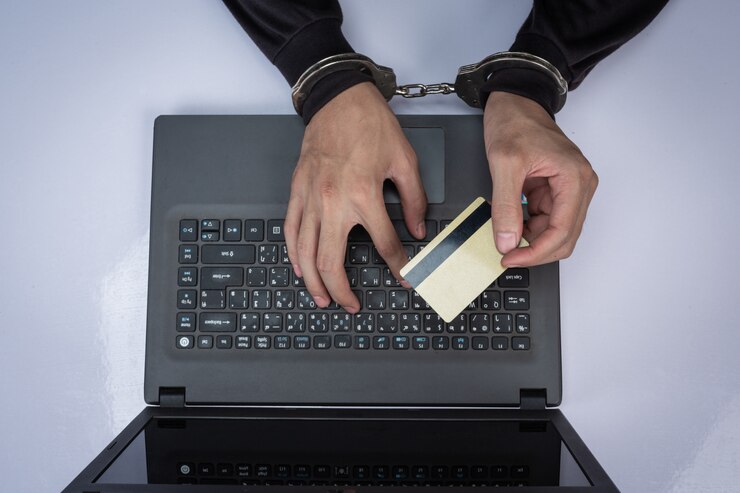Understanding and Preventing Credit Card Fraud
Credit card fraud is a type of identity theft that happens when someone gets hold of your credit card information.
Avoid credit card fraud! Follow these tips!
The consequences of credit card fraud can be pretty overwhelming. Not only can it cost you a lot of money, but it can also pile on debt and tank your credit score. Plus, dealing with the aftermath can take months to sort out.

This can happen in a couple of ways—either someone physically steals your card or they find sneaky ways to access your account online.
But don’t worry! In this conversation, we’ll chat about some of the most common types of credit card fraud and share some helpful tips on how you can protect yourself and keep your information safe.
Also, if you need even more information, here’s an article of the Secret Service itself on how you can defend yourself from credit frauds!
Different Types of Credit Card Fraud
Unfortunately, fraudsters are always on the prowl, using a variety of sneaky tactics to commit credit card fraud.
Let’s dive into some common scams so you can better protect yourself.
Lost or Stolen Credit Cards
One of the oldest tricks in the book is simply stealing a credit card. Whether your wallet gets misplaced or someone lifts it right out of your pocket, this can leave your account wide open for trouble.
It’s super important to keep your cards safe and stay aware of your surroundings when you’re out and about.
Cloning and Skimming
Have you ever heard of skimmers? These tiny devices can be secretly attached to ATMs or gas pumps.
When you insert your card, they capture all your information. This includes your name and account number, which can then be copied onto a blank card or transferred to a stolen one.
The cloned card can be used to make purchases or even withdraw cash. So, next time you use a payment terminal, keep an eye out for anything that looks off.
Phishing and Smishing Scams
You’ve probably received an email that looked like it came from your bank but turned out to be a scam, right? That’s phishing!
These fraudulent messages try to trick you into clicking on links that could compromise your personal information.
Smishing is just the text message version of this scam. These messages can be tricky because they often appear to come from trusted sources.
Always be cautious before clicking!
Credit Card Application Fraud
It occurs when someone uses your personal information to open a credit card in your name.
Each new account results in a hard inquiry on your credit report, and having too many of these in a short time—whether you initiated them or a fraudster did—can really hurt your financial standing.
How to Protect Yourself from Credit Card Fraud
A lot of folks wonder, “What can I do to prevent credit card fraud?” The good news is, it’s easier than you might think to protect your finances! Here are some friendly tips to help you out.
Keep Different Cards for Auto-Payments and Daily Spending
One smart move is to use a separate card for things like subscriptions, bills, and utilities.
This way, your main spending card won’t be passed around as much, which can help reduce the chances of it getting compromised.
Stay Sharp Against Phishing and Malware
Phishing scams can be tricky! Scammers often try to get your credit card details—like numbers, expiration dates, and CVVs—through fake emails, calls, or texts.
Always keep in mind that your bank or credit card company will never ask for this info over the phone or in an email. If something feels off, trust your instincts.
Want to learn more? We invite you to keep reading and see our article about secured versus unsecured credit cards by clicking the button below.






